Long trip, full tank
Streetheart members used COVID time out to write and record new tunes
Advertisement
Read this article for free:
or
Already have an account? Log in here »
To continue reading, please subscribe:
Monthly Digital Subscription
$1 per week for 24 weeks*
- Enjoy unlimited reading on winnipegfreepress.com
- Read the E-Edition, our digital replica newspaper
- Access News Break, our award-winning app
- Play interactive puzzles
*Billed as $4.00 plus GST every four weeks. After 24 weeks, price increases to the regular rate of $19.95 plus GST every four weeks. Offer available to new and qualified returning subscribers only. Cancel any time.
Monthly Digital Subscription
$4.99/week*
- Enjoy unlimited reading on winnipegfreepress.com
- Read the E-Edition, our digital replica newspaper
- Access News Break, our award-winning app
- Play interactive puzzles
*Billed as $19.95 plus GST every four weeks. Cancel any time.
To continue reading, please subscribe:
Add Free Press access to your Brandon Sun subscription for only an additional
$1 for the first 4 weeks*
*Your next subscription payment will increase by $1.00 and you will be charged $16.99 plus GST for four weeks. After four weeks, your payment will increase to $23.99 plus GST every four weeks.
Read unlimited articles for free today:
or
Already have an account? Log in here »
Hey there, time traveller!
This article was published 27/03/2021 (1789 days ago), so information in it may no longer be current.
In October 2017, 2 1/2 months after Kenny Shields, the dynamic frontman of the Winnipeg rock band Streetheart, died at age 69 following cardiac surgery, Jeff Neill, the group’s lead guitarist, was a featured guest at Rockin’ Richard’s Record & CD Sale, held at the Victoria Inn.
One by one, fans of the band, inducted into the Western Canadian Music Hall of Fame in 2003, approached the table he was at, not only to get an album or CD signed but also to offer condolences on his loss. Almost to a person they told Neill, who joined Streetheart 40 years ago this month and has managed its affairs for the past 15 years, how much they loved “Kenny.” Still, many were crossing their fingers his death didn’t mean the end of the group, best known for a string of radio-friendly hits in the late 1970s and early ’80s, among them Look in Your Eyes, One More Time and a seminal cover of the Rolling Stones’ Under My Thumb.

They needn’t have worried. In March 2020, days before the Manitoba government instituted a series of measures to curb the spread of COVID-19, Neill was seated on an upholstered bench in his living room, strumming an acoustic guitar. Streetheart founding members Darryl Gutheil and Ken “Spider” Sinnaeve were there, too, along with Paul McNair, the group’s lead vocalist since 2019. With a camera rolling, the four ripped through an unplugged version of Hollywood, the first single from 1979’s Under Heaven Over Hell, the band’s sophomore release. It gets better; in the past 12 months Neill, Gutheil and Sinnaeve have written and recorded close to 60 new songs in Neill’s home studio, which they intend to issue one or two at a time via a streaming service beginning in the not-too-distant future.
Know the Grateful Dead lyric, “What a long, strange trip it’s been?” That’s Neill’s story in spades. The veteran musician, who turns 65 Saturday, finally made Winnipeg his permanent home last April after bouncing back and forth between here and Vancouver for four decades. That’s minus the 11 years he spent living and working in Australia and another few criss-crossing the continent as a member of legendary Canadian band Loverboy.
“It’s been quite the journey, no doubt about that,” he says, seated in the dining room of the River Heights three-story he shares with his partner of six years and their four-month-old labradoodle.
“I can honestly say when I first picked up a guitar almost 60 years ago I didn’t think there was a chance in hell I’d still be rocking while collecting an old-age pension. Here we are, though, so may as well make the most of it.”
●●●

Neill was born in Sault Ste. Marie, Ont. He was drawn to music at an early age, having worn out his mother’s Everly Brothers and Chubby Checker albums by the time he was five. The moment he watched the Beatles perform on The Ed Sullivan Show in February 1964 he knew precisely what he wanted to be when he grew up.
“It sounds like a strange thing for a kid to say but I remember turning to my parents and telling them I didn’t want to be seven any more. I wanted to be 20 so I could be in a band just like the Beatles,” he says.
Neill taught himself to play guitar by ear, borrowing his mother’s old six-string, which, being a leftie, he would flip upside down. He joined his first band, Majestic Wrath, in 1967 at age 11. He laughs, recalling the night the foursome played a private Christmas party, after which each member received the royal sum of $25 for his efforts. Excited, he woke his older brother up the second he got home to display a fresh stack of dollar bills.
By 1970 Neill, who also has a younger sister, was splitting his spare time fairly evenly between music and dirt bikes. A nasty spill ended any dreams he harboured of being a motocross champ — his mother insisted he part with his bike after the mishap — so he sunk the proceeds from the sale into a 1957 Fender Stratocaster, the exact type employed his by-then idol Jimi Hendrix.
He put that axe to good use in his next band, Bedwyr Tuckett. He was a few years younger than everybody else in the group, mind you, so when they began performing at clubs throughout Eastern Canada, he wasn’t able to join them. That changed the moment he turned 18. His parents hoped he’d attend university — his grades were strong enough that he qualified for an academic scholarship — but he pleaded with them to let him travel for a year, to at least give life on the road a try.
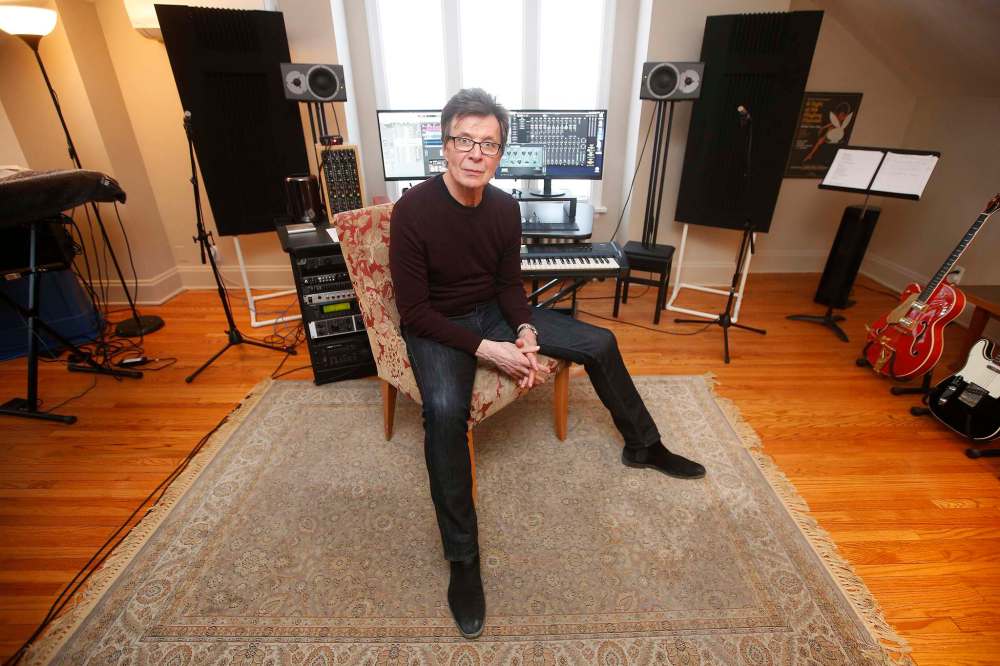
“Suffice it to say, I never did get to university,” he says with a wink.
In 1976 Neill helped form a new group that included Brien Armstrong from Bedwyr Tuckett together with Michael Siccoli and Michael Dalla-Vicenza, whose talents he was already familiar with. The four dubbed themselves Shama and moved to Vancouver. Within 12 months, the hard-edged unit had become the toast of the town, playing for standing-room-only crowds at some of Western Canada’s largest nightspots, as well as opening for the likes of Trooper and Prism. It was during that period when he met his ex-wife Colleen. Her brother-in-law was Bob Ego, a drummer with Witness Inc., a Regina-based band that was making a fair bit of noise of its own.
“The first time I saw Witness live was in Saskatoon in — I’m going to say the summer of ’76,” he says. “We were booked at a bar down the street from where they were playing and I ran over between sets to see what the fuss was all about. Kenny (Shields) was their lead singer and he absolutely owned the room. Spider and Darryl were in the band, too, and after watching them for 20 minutes I was utterly depressed. Walking back I was, like, ‘I hate my band… I don’t want to pick up a guitar ever again.’ I’m not BS-ing when I say that early rendition of what would later become Streetheart emotionally scarred a lot of musicians. They were that damn good.”
●●●
Shama broke up in 1980, largely because the group wasn’t able to capture the energy of its live shows in the recording studio. Neill was living in B.C., part of a “quasi-self-indulgent” rock band called H.U.N.N., when he received a call from his brother-in-law, who urged him to pack a suitcase and fly to Winnipeg to audition for Streetheart. (Matt Frenette replaced Ego on Streetheart’s first two albums, but Ego rejoined his former mates in time for Quicksand Shoes, Streetheart’s third release.)
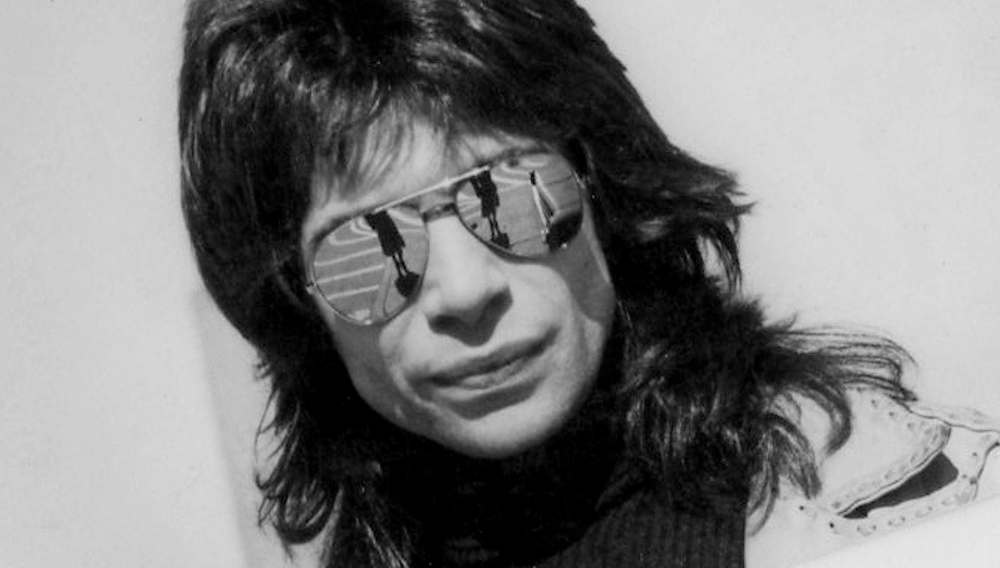
“I’d been bugging Bob for years to get me in the band and here was my big chance,” Neill says. “Except I was so nervous the day of the audition I could barely hold my guitar. The first song we did was Action and I absolutely gagged the beginning. I did my best to recover but in my head I was like, ‘That’s it, I’m out.’”
Gutheil, Streetheart’s keyboardist since the get-go, remembers things a bit differently.
“We knew Jeff casually, as we would occasionally cross paths on the road,” he says. “When John Hannah had to leave the band because of health issues (in 1981) we brought in a number of guitarists from Canada and the U.S. to audition. Jeff was the final audition…we knew he was our guy. He was solid with the material, was writing songs, and played, sang and performed at a high level. But the important question was: can we live and work together? As we quickly discovered, Jeff is a great guy to be in a band with.”
Streetheart recorded the most successful album of its career with Neill in the fold, 1982’s self-titled Streetheart. Certified double-platinum in Canada (for sales in excess of 200,000), the record consisted of nine songs co-written by Neill. One of them was a rock ballad he was unaware had made the final cut — management didn’t think it sounded like a “Streetheart” song and initially wanted to exclude it — until he received a promotional copy of the finished product and saw it listed on Side 2.
“One morning we were sitting around Kenny and Bob’s apartment on Roslyn (Road) trying to write new songs,” Neill says, telling the story of how the tune in question came about.
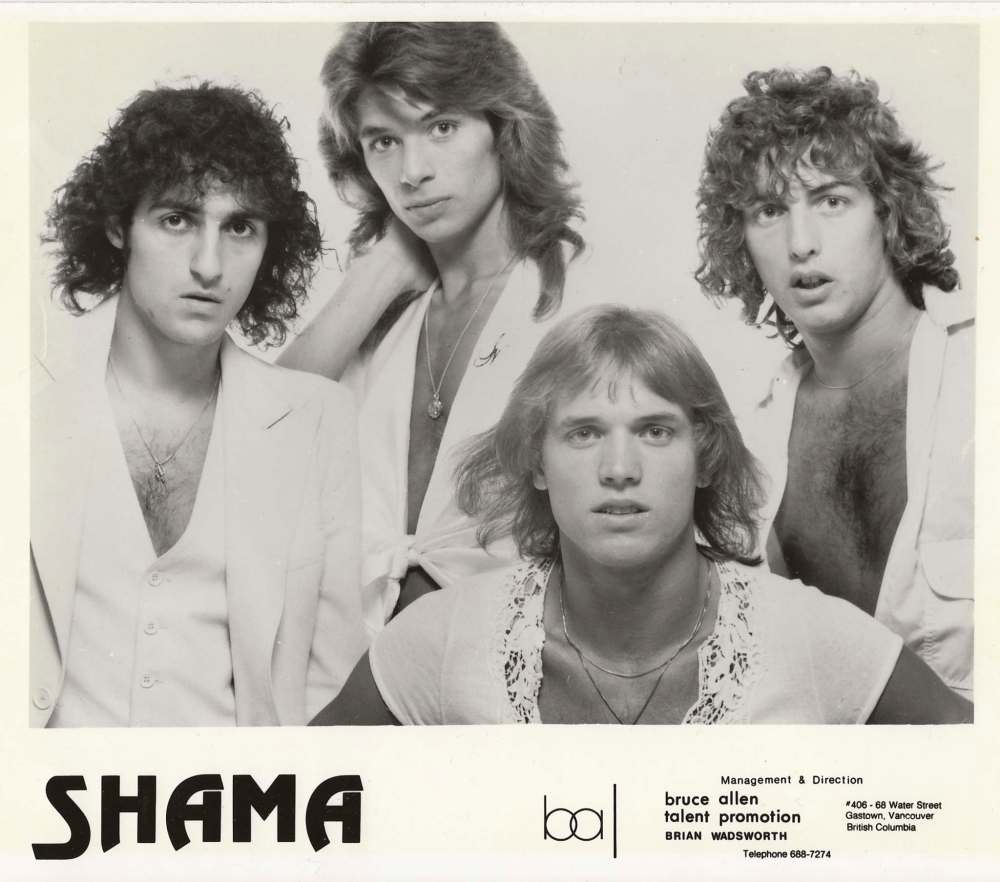
“Darryl had a verse to something he’d been working on but no chorus, while I had a chorus but no verse to a song I’d been fooling around with. He played me his part and when he paused, I broke into my chorus, singing, ‘What kind of love is this…’ In the end, What Kind of Love is This turned to be the biggest, self-written hit the band ever had.”
●●●
Neill returned to Vancouver in 1984 following the demise of Streetheart. He spent the next two years working as a session musician — he was the guy counted on to “bring the juice,” he says, striking an Eric Clapton-esque pose — before being contacted by music manager Bruce Allen, whom he knew from his days with Shama. Allen was handling the North American affairs for Jimmy Barnes, one of the best-selling Australian artists of all time. Barnes was on tour in the States opening for ZZ Top and was in the market for a new lead guitarist. Allen asked Neill if he was interested.
Neill hooked up with Barnes in Kansas City two days later. He watched that evening’s show from the wings, and made his debut with Barnes the following night in St. Louis in front of 15,000 rabid ZZ Top fans. “We walked out on stage, Jimmy looked over at me and shouted, ‘It’s in A, go…’ and I started playing as the band kicked in behind me at about 100 miles per hour,” he says, rolling his eyes.
“Jimmy wasn’t much for talking between shows, but toward the end of the summer, as the tour was winding down, he said, ‘I want you to come to Australia to fix me band.’ I went for what I thought was going to be three months, and it ended up being 11 years.”
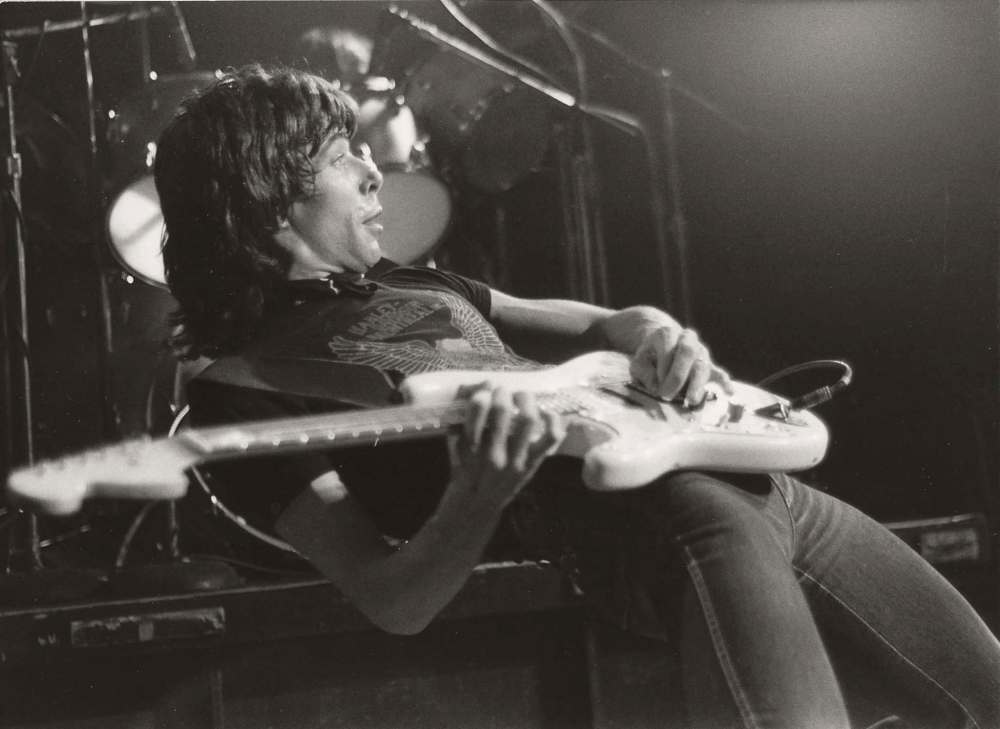
Neill made “real money” playing with Barnes, winner of seven Australian Recording Industry Association awards, but it came at the expense of his marriage. The pair recorded six albums together — Neill is listed as a co-writer on four of them — and one of their most memorable moments occurred when the Jimmy Barnes band served as the opening act for the Rolling Stones at a sold-out soccer stadium in Germany in August 1995.
“The Stones and their management were so impressed with us after our set that they offered us more dates, but I was already booked to fly out the next day to Vancouver to do a one-day rehearsal with Loverboy before heading off to the U.S.A. to start playing with them,” Neill says. “Jimmy being the class act that he is said, ‘A promise is a promise,’ and I shouldn’t back out although I know he very much wanted to do the dates, as did I.”
●●●
In 2003 Neill received a call out of the blue from Shields, who was booked for a show in Tsawwassen, just outside of Vancouver. Shields was short a guitar player in what was then billed as the Kenny Shields Band. He hoped Neill could help him out. Everything went smoothly and afterwards Neill approached his old pal, saying, “You haven’t recorded anything in 20 years. Why don’t you drop by my studio and we’ll do something… anything.’”
It took a while but in January 2013, by which time Streetheart was again a steady draw at clubs and casinos from coast to coast, the fruits of their labour finally saw the light of day. Their rendition of Black is Black, originally recorded by Los Bravos in 1966, was garnering airplay on classic rock stations.
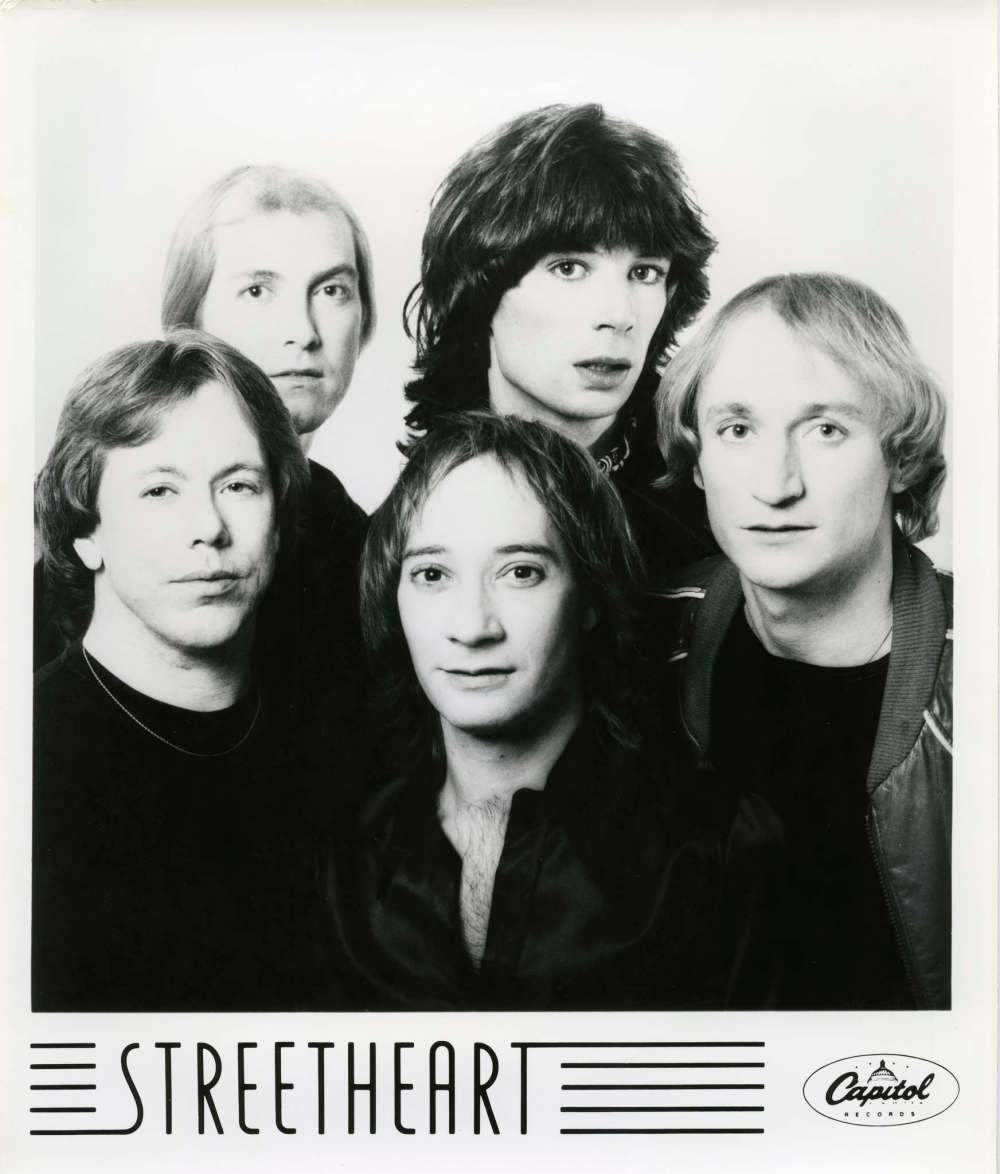
“Some really great songs came out of those sessions, like a cover of the Rolling Stones’ Angie,” Neill says. “To me, Kenny was one of the great stylists of all time. I always told him he could take almost any song and make it his. The first time I heard him do (B.B. King’s) The Thrill is Gone, I looked him straight in the eye and said, ‘Kenny, it’s like that song was written for you.’”
Interesting he should put it that way because radio mainstay and rock music guru Howard Mandshein believes the same thing can be said about Neill, only from a guitar-playing standpoint.
“Although I don’t play (guitar), to me, Jeff has always been the guy where less is more. He has that honey-and-wine thing going on; he knows how to marry the right chords to the lyrics,” says Mandshein, host of the Sunday Morning Resurrection, heard weekly on 92 CITI-FM.
“Also, as accomplished as he is, he’s not a showboat. When Kenny was healthy Jeff knew Kenny was the star of the show. In that respect he’s the ultimate team player… the ultimate bandleader.”
That said, whenever it is Neill’s turn to shine by delivering a blistering solo during a fast-paced number such as Trouble or Teenage Rage, the pleasure he gets from those moments is immediately palpable, Mandshein says.

“It’s like he magically hits a button and goes back in time 50 years and becomes that kid in the bedroom again, practising for hours and hours on end, perfecting his craft. Only now he has this packed house cheering him on and he’s givin’ er… just givin’ er. The smile on his face and look in his eyes speak of pure, unadulterated joy.”
2020 was setting up to be an exciting year for the band. McNair, who first sang with Streetheart at a tribute show held at Shaw Park a month after Shields’ death, was fitting in seamlessly and the group’s schedule, which included a co-headlining appearance with Nick Gilder and Sweeney Todd at the Pigeon Lake Music Festival in Mulhurst, Alta., was filling up fast. That was, until COVID hit.
“It’s funny, because if we hadn’t been forced to stay home it’s highly unlikely we would have had the time to come up with all this new material,” Neill says, referring to Gutheil as “f—ing brilliant, our very own Brian Wilson,” in reference to the Beach Boys’ chief songwriter.
“I don’t know if renaissance is too strong a word to use but that’s what it feels like, not just a renaissance for the band but for me, as well.”
Neill, who works out five days a week, isn’t bothered by the fact he can now order off the seniors’ menu anywhere he chooses. Rather, he’s focused on getting back in front of live audiences and doing what he does best, shredding his way through the lengthy Streetheart catalogue.

“My knees aren’t what they used to be but relative to my vintage, I’m in pretty good shape,” he says, reaching down to scratch his pooch behind the ears. “We come from a generation where you played six nights a week, four sets a night, 50 weeks of the year so, to us, however many shows a month is nothing.
“People have been reaching out to say they can’t wait to see and hear what we’ve been up to. Quite frankly, we can’t wait to show ’em.”
david.sanderson@freepress.mb.ca
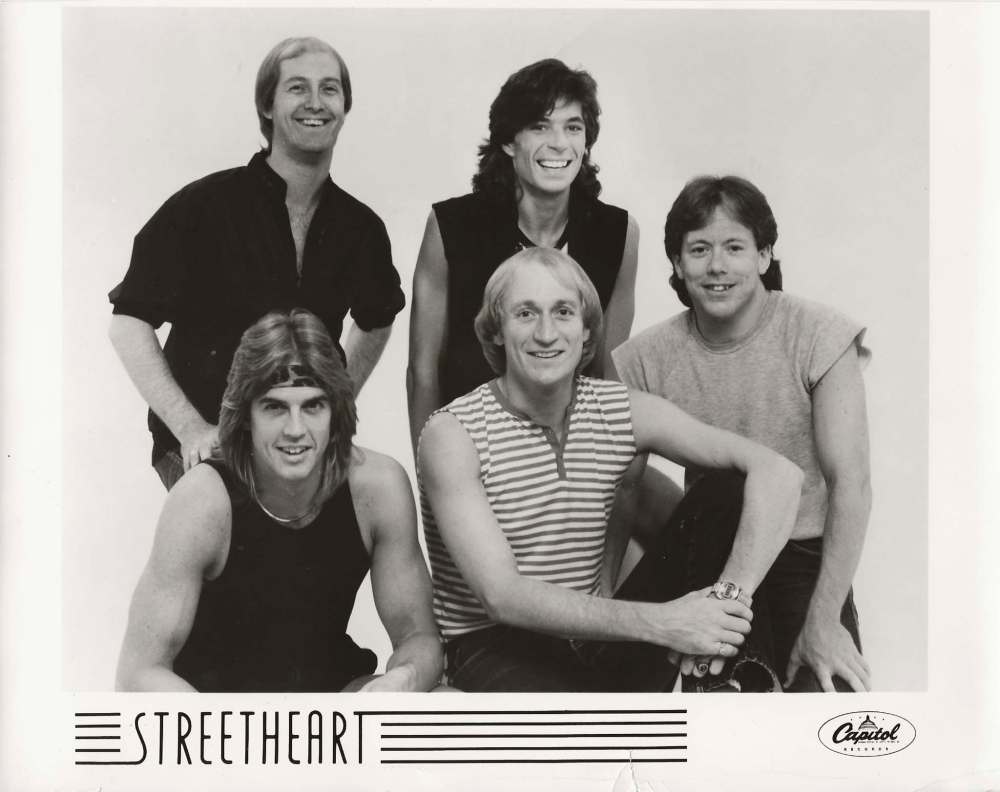
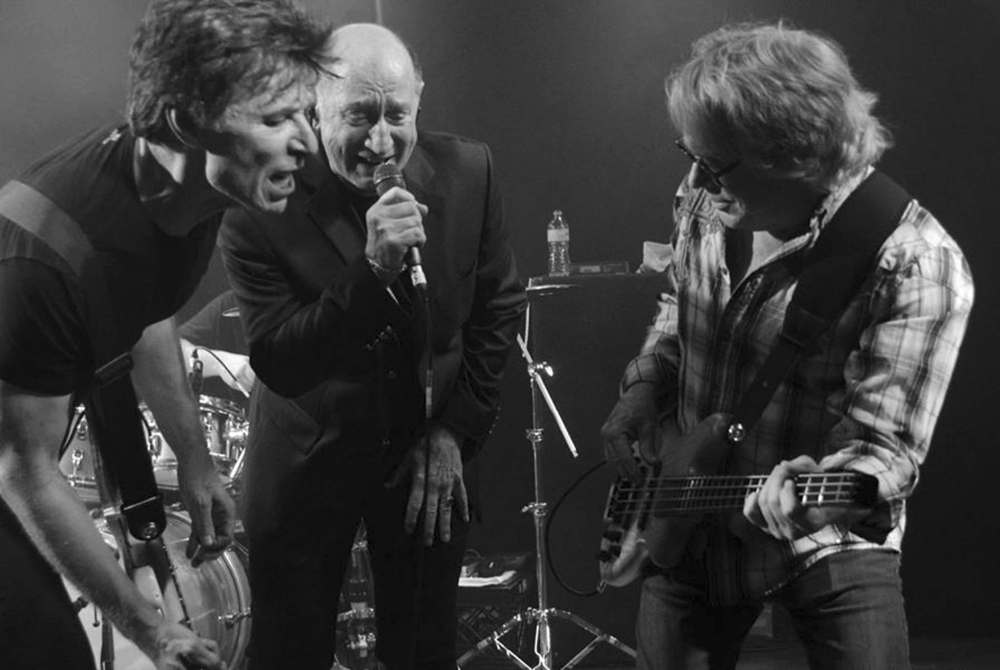
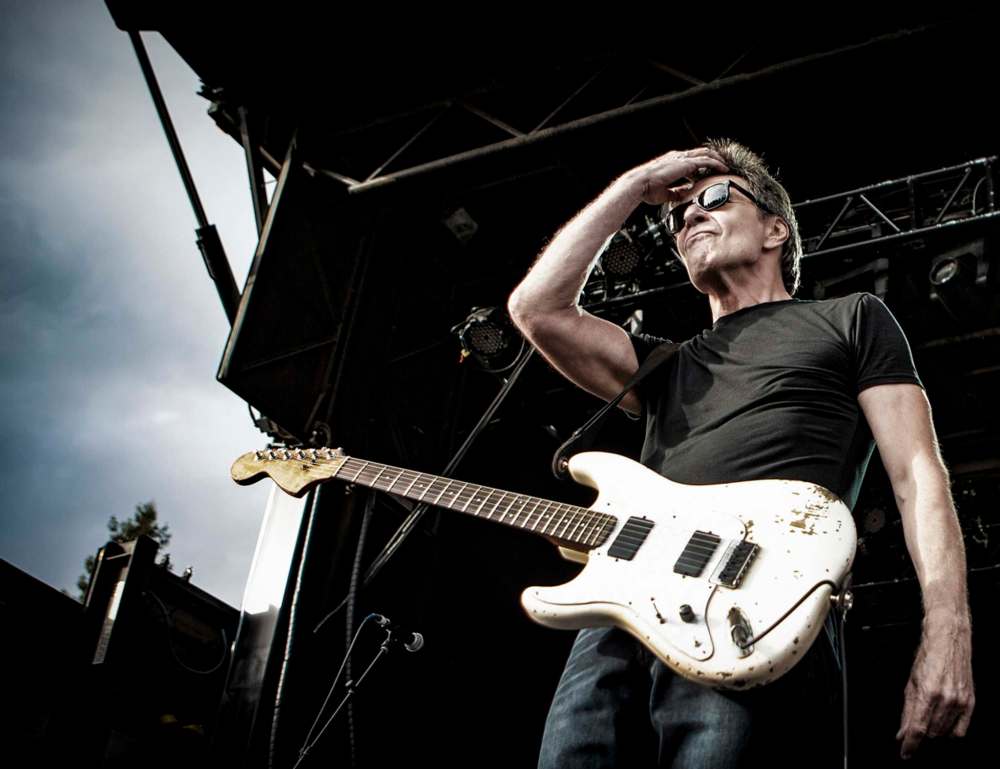
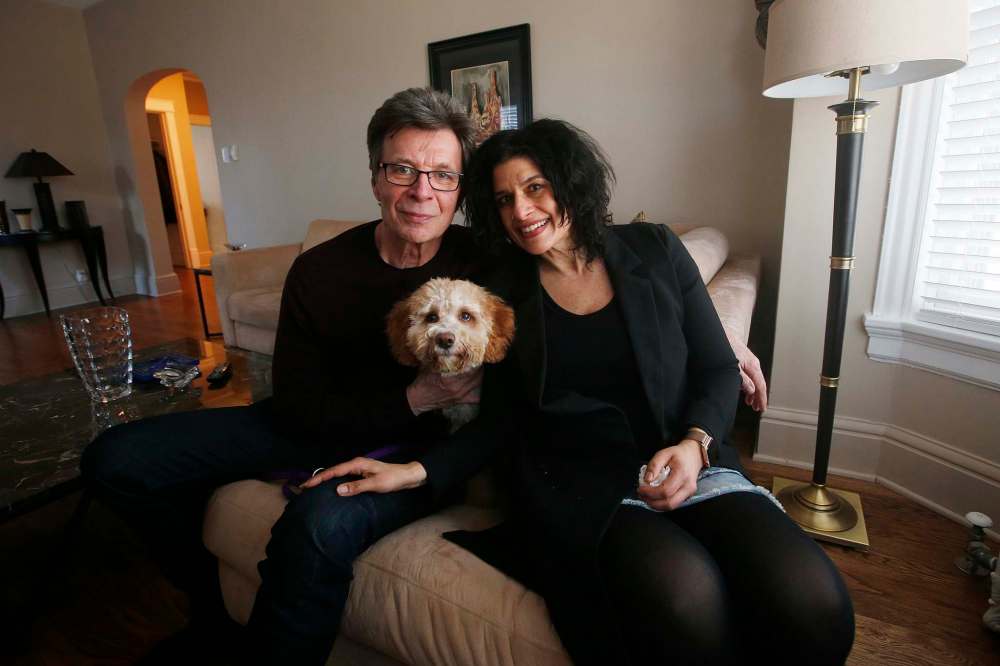

Dave Sanderson was born in Regina but please, don’t hold that against him.
Our newsroom depends on a growing audience of readers to power our journalism. If you are not a paid reader, please consider becoming a subscriber.
Our newsroom depends on its audience of readers to power our journalism. Thank you for your support.





